
Apply to a foreign university with confidence
- Properly fulfilled documents
- Perfect motivation letter
- Support from a personal mentor
- Offers from several universities
Article score: 5 out of 5 (1 review)
The education system in Iceland: study programs, academic cycles, tuition cost, and future perspectives with an Icelandic degree.
Free consultation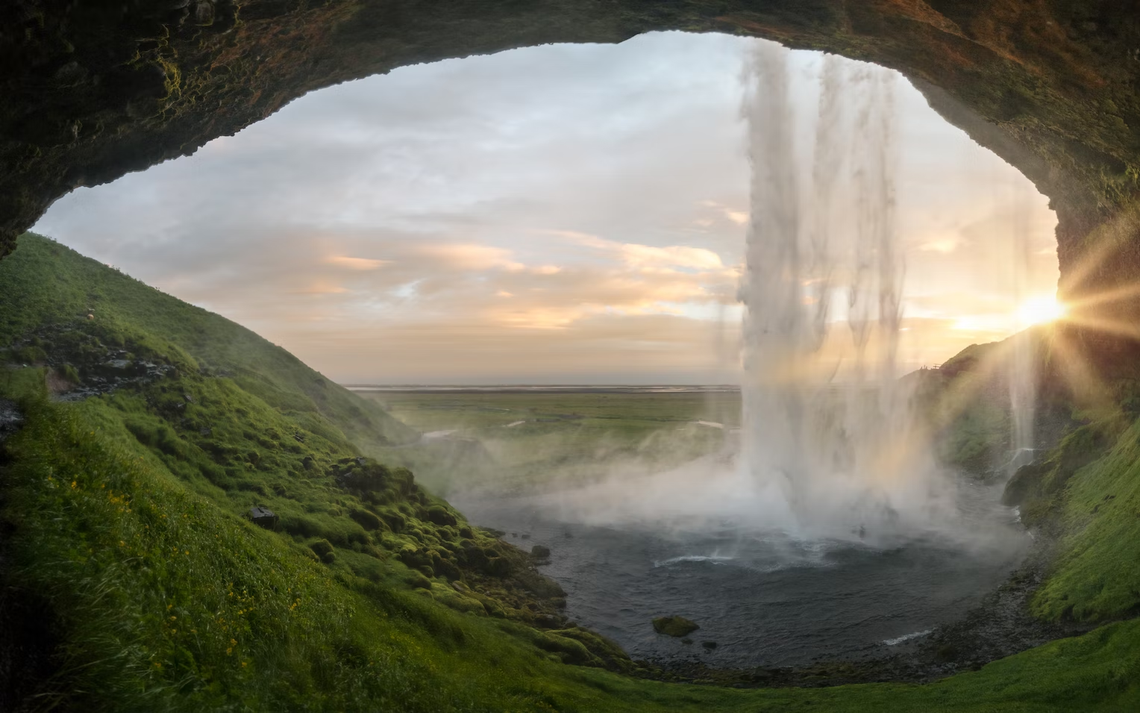
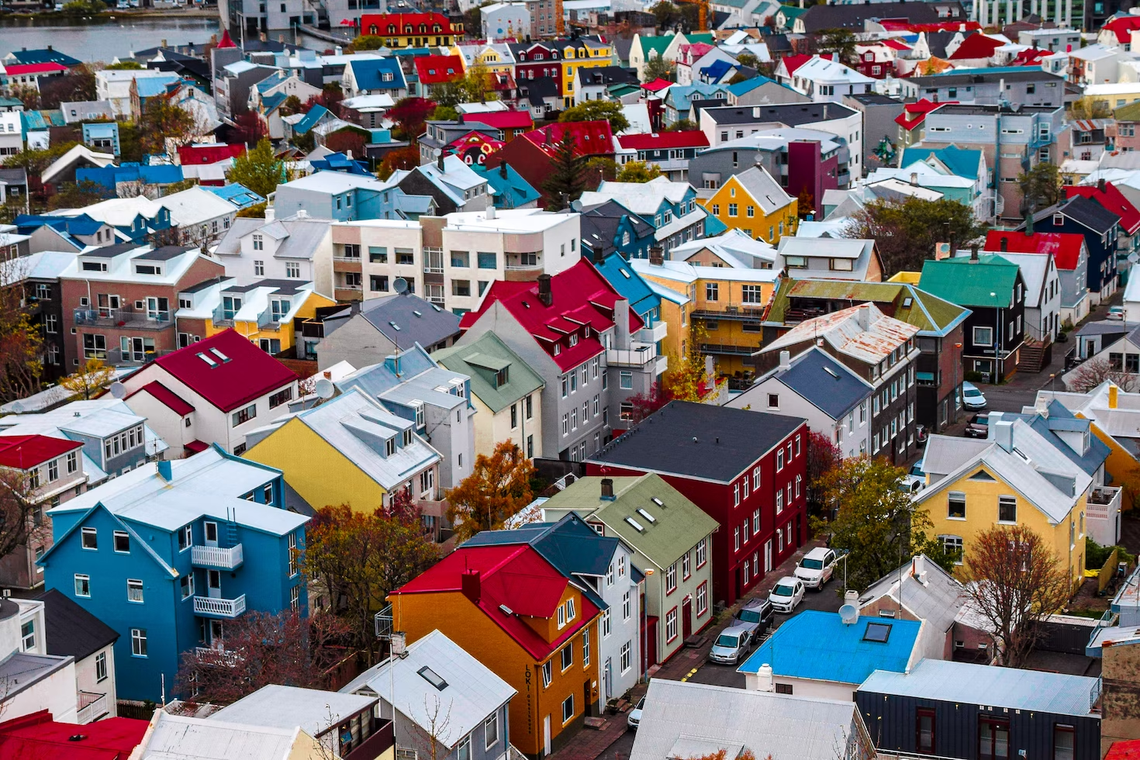
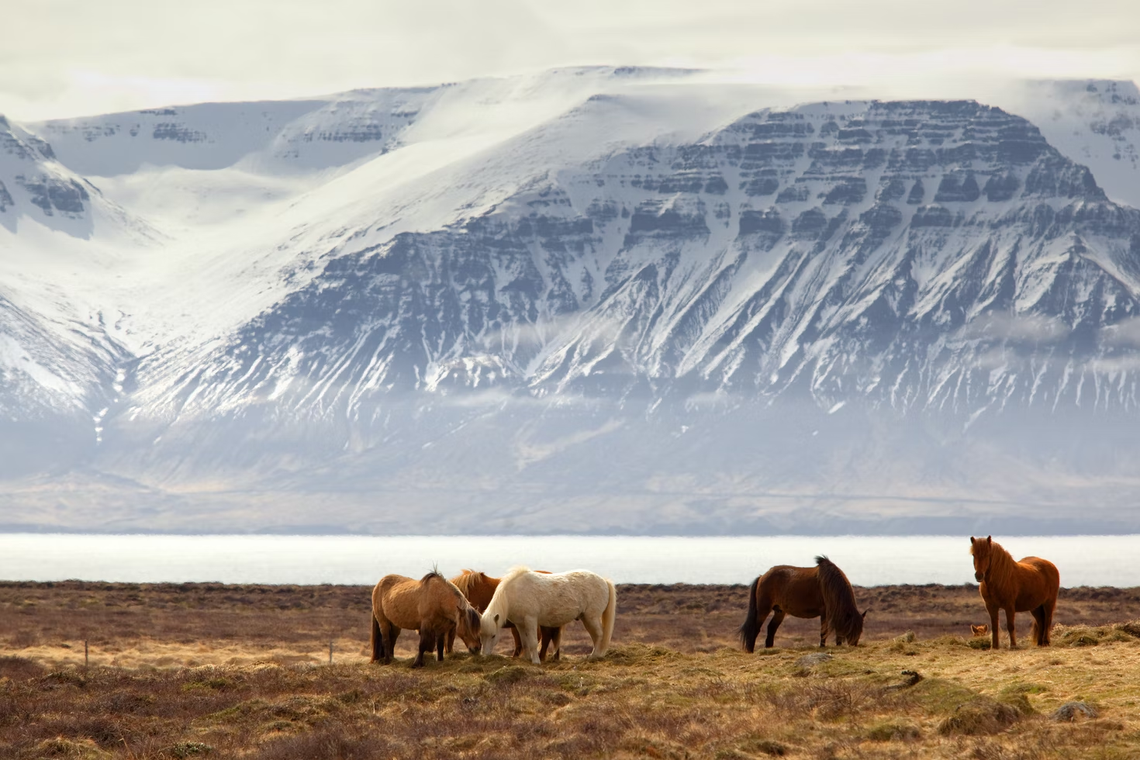
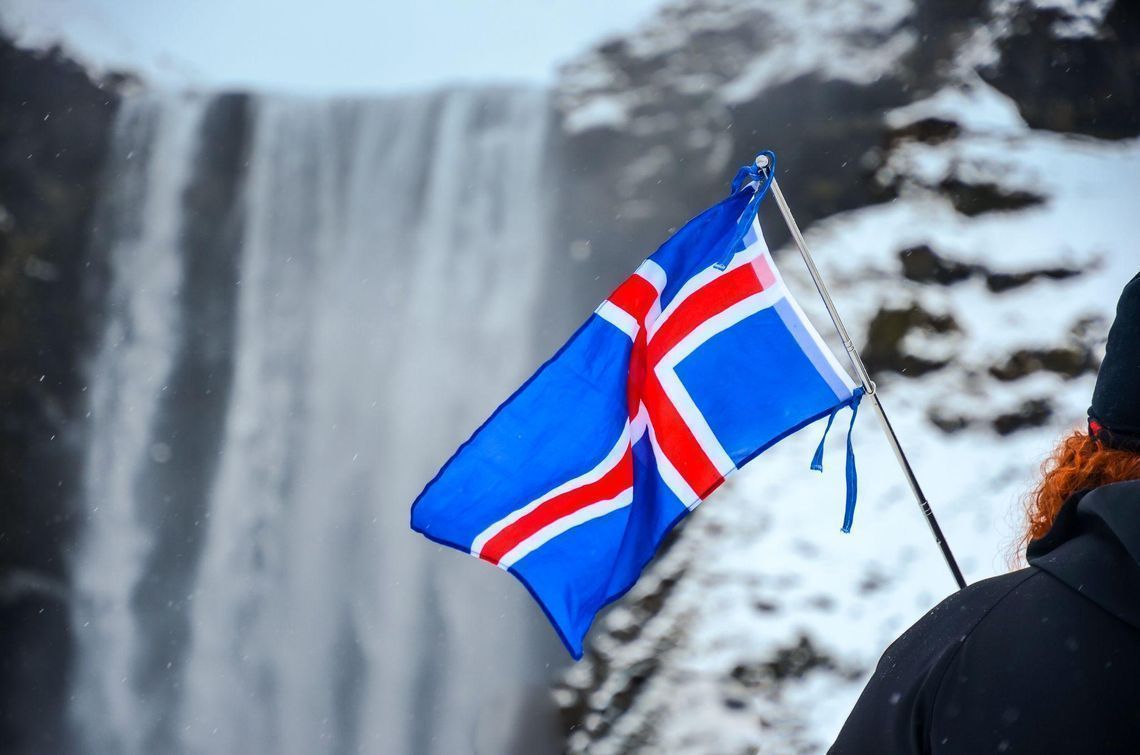

| Type of Tuition | Age | Duration | Min. cost | Avg. cost | Exams |
| Summer camp | 6+ | 1-12 weeks | 113 USD/week | 1,130 USD/week | - |
| Language schools | 6+ | 1-12 months | 339 USD/course | 1,243 USD/course | - |
| Secondary education | 6+ | 10 years | 750 USD/year | 10,000 USD/year | - |
| High school | 16+ | 4 years | 750 USD/year | 15,000 USD/year | - |
| Foundation | 18+ | 1-4 years | 583 USD/year | 1,555 USD/year | IELTS / TOEFL or Icelandic proficiency |
| Bachelor's | 18+ | 3-4 years | 583 USD/year | 5,650 USD/year | TOEFL 79+ / IELTS 6.5+ |
| Master's | 20+ | 2 years | 583 USD/year | 11,300 USD/year | TOEFL 79+ / IELTS 6.5+ |
| Doctoral | 20+ | 3-5 years | 583 USD/year | 6,780 USD/year | TOEFL 79+ / IELTS 6.5+ |
| Item | Cost |
|---|---|
| Exams | 250 USD |
| Registration fee | 583 USD/year |
| Visa fee | 117 USD |
| Flight | about 150 USD |
| Rental | 467-778 USD/month |
| Meals | 389 USD/month |
| Insurance | 93 USD |
| Internet | 67 USD/month |
| Transport | 100 USD/month |
| Public utilities | 36 USD/month |

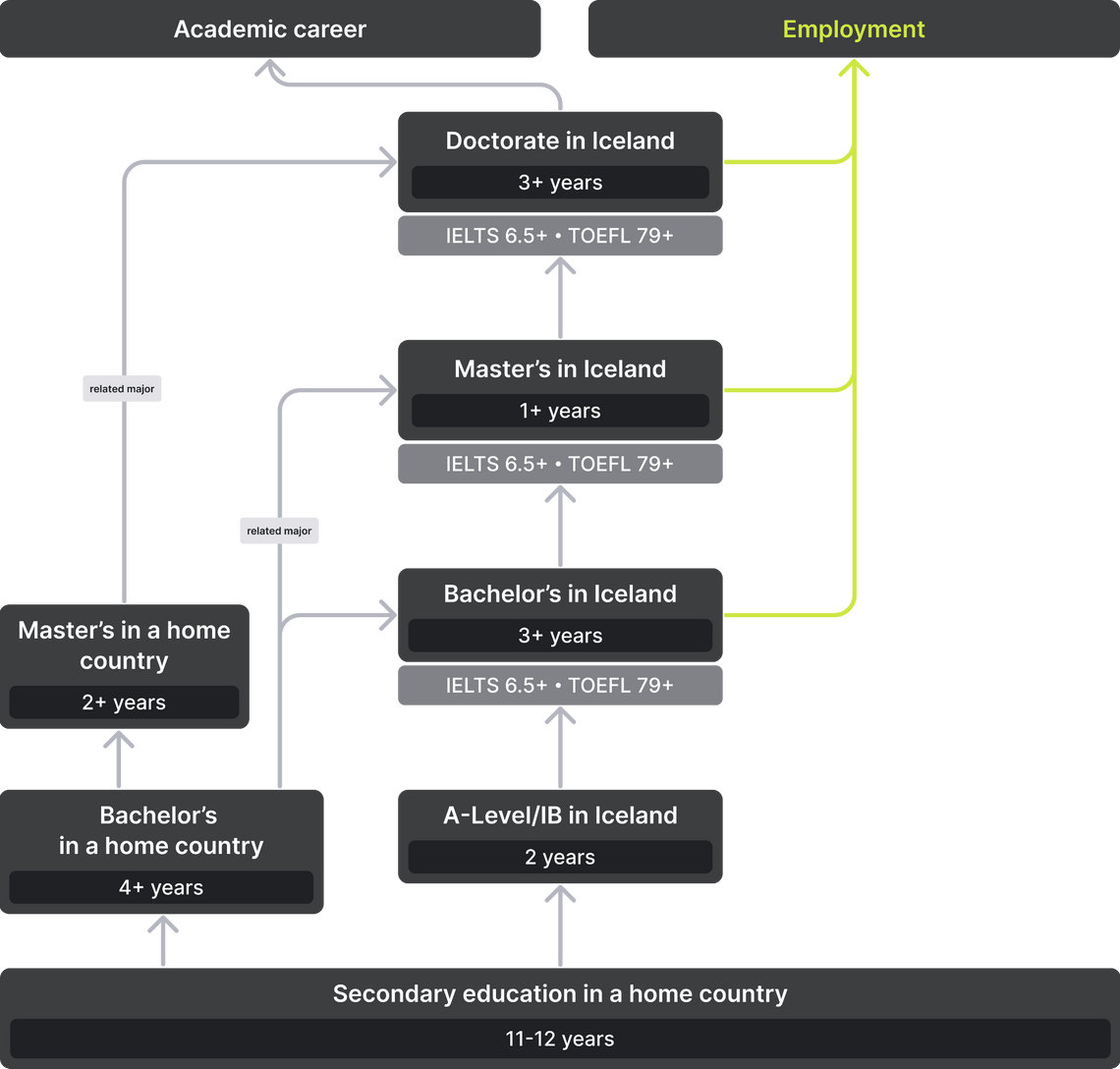
In Iceland, children study for 13-14 years, so international applicants will need a minimum of 12 years of secondary education. Those with only 11 years of secondary education cannot directly enroll in Icelandic universities. There are several options for eliminating the academic difference:
Each university independently determines the schedule and deadlines for the submission of applications. The requirements for different countries also vary. For example, applicants from countries outside the EU or the European Economic Area (EEA) can apply to Reykjavik University only once a year before the start of the fall semester. At the same time, regardless of the student's country of origin, education in public universities is free. Only the annual registration fee (583 USD) is paid.
In some universities, for example, the University of Iceland, some programs conduct additional entrance tests, as a rule, at the beginning of June. More detailed information is usually published on faculties’ websites in May.
The majority of bachelor’s and Foundation programs are taught in Icelandic. To enroll in them, you need to know the local language.
More about admission process in Iceland

Vocational education in Iceland is divided into two stages: secondary and higher. The secondary vocational education programs can be entered directly after graduating from secondary school. They last for four years. Then you can continue your studies in professional courses and receive a diploma or certificate. The duration of such courses is from one to four semesters.
There is no unified system of specialized institutions for vocational post-secondary education in Iceland. Such programs are offered at high schools, art schools, universities, and private educational institutions. Therefore, professional education can be obtained in completely different areas: physical education, social pedagogy, music, applied arts, design, management, electrical engineering, agriculture.
To enter, you will need an Icelandic diploma of secondary vocational education (Sveinspróf). That is why such programs are not designed for foreigners. Studies are held only in Icelandic.
It is possible to continue professional education at universities and specialized educational institutions.
Bachelor's degree is the first cycle of higher education that may last for 3-4 years, depending on the university and the direction. For the first two years, students go through a block of basic disciplines, which is compulsory for everyone, and then switch to study their respective specialty. Upon completion of the bachelor's program, the student gains 180-240 ECTS. This is enough for the diploma to be recognized by the countries participating in the Bologna Process.
In addition to the standard bachelor's degrees, Icelandic universities also assign unique ones. The BphilIsl (Baccalaureatus Philologiae Islandicae) diploma is assigned to foreigners for completing a program in Icelandic. There is also the title of a candidate (Candidatus), it gives the right to take a special position, for example, an administrative one. Training lasts 4-6 years, most often in theology, law, management, medicine, engineering. A candidate's degree in Icelandic universities is equivalent to a master's degree. This means that after it you can go straight to PhD studies.
Bachelor’s studies in Iceland are conducted mainly in Icelandic, but there are separate programs and lecture courses in English. Their list should be checked on the websites of universities.
For example, the University of Iceland offers undergraduate language programs taught in English and other European languages (German, French, Italian, Spanish, Swedish, Danish). To enroll in a program in Icelandic (Icelandic as a second language), you will have to pass an entrance exam, which tests basic language skills. You can start learning Icelandic by applying to special free online courses. If you fail to pass the exam, you can enter the program that awards not a bachelor's degree, but a Practical Diploma. Other programs, such as courses at the University of Iceland, knowledge of English will be sufficient[7].

After the Bachelor's degree, the student can continue his studies in a Master's program. Most master's programs in Iceland are in English.
The duration of study varies from six months to two years. During this time, the student must earn between 30 and 120 ECTS, usually 60 ECTS per academic year. Courses lasting half a year (i.e. 30 ECTS) can be taken in addition to the main master's program. A master's degree in engineering and computer science can last for 3-5 years, in medicine for up to 6 years.
Programs are of two types:
The third cycle of higher education is doctoral studies that last three to four years. At the end of the program, the student writes a doctoral thesis. Studying for PhD in public universities is free (fee 583 USD), in private — fee-paying (about 3,390 USD per semester).
Doctoral studies lead to an academic career. Therefore, already at the application stage, the candidate must contact the curator and submit a letter with the objectives of the study and the topic of scientific work.
In the first year, candidates study the available data and work in the chosen field. The year ends with making a study plan. The student is also assigned a curator from the doctoral council. Its task is to guide the student and track the research progress. The training ends with a public defense of the doctoral dissertation. The main requirement for PhD applicants is a master's degree in a similar field. Some universities accept applications from 2-nd year graduate students.
Doctoral students can sign a contract with a university and start teaching and doing research for money. After completing a degree, you can stay to work at the university as a teacher or researcher if it has open vacancies.
In Iceland, there are three levels of academic careers: Lektor, Dósent, and Prófessor. Usually, young teachers come to the university for the position of a lecturer and then, if they prove their professionalism, they grow up to an assistant professor and professor.
The salary of a university professor in Iceland for an entry-level position is on average 40,434 USD per year, the salary of a senior teacher is approximately 68,426 USD. The average salary in the country for 2019 was about 53,653 USD[8].

According to Icelandic law, a student visa does not allow you to work while studying. To do this, you will have to obtain a separate work permit from the immigration office. At the same time, a restriction on employment is established — only during study breaks, as a part of an internship, or up to 15 hours a week during studies.
If you are fluent in English or Icelandic, you can get a job in the tourism, restaurant, and hotel business. Students are hired as translators, tutors, and teachers in specialized kindergartens. There is no minimum hourly rate in Iceland, but with part-time work, you can earn 272-778 USD. The minimum wage for a full-time position is 2,605 USD.
If you are an EU-EEA national, you can stay in Iceland after completing your studies without any time restrictions. Students from other countries can only extend their residence permit for another six months to find a job. This will require:
To get a job, you need a work permit from the Directorate of Immigration, with preference given to citizens of the European Union. Then you need to renew your residence permit, but this time on the basis of employment, not study.
After four years of residence in Iceland, a foreigner can apply for permanent residence. To get it, you will have to prove that you meet the requirements of a current residence permit, work, or have enough money to satisfy your needs. It is also necessary to complete an Icelandic language course of at least 150 hours or pass an exam.
After seven years of residence, you can apply for citizenship. To do this, you will again have to prove your financial viability and proficiency in Icelandic. The applicant must have a good reputation, which he can confirm with references from two Icelandic citizens. It is also necessary to provide a police certificate.

60+ countries
we work with
$1,000,000 saved
by students through scholarships
6,400 offers
our students got